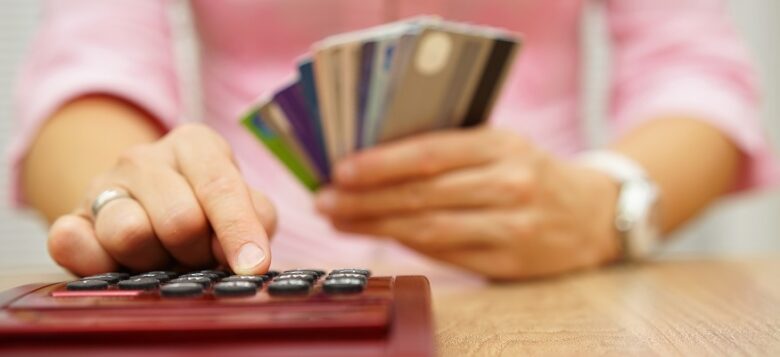Tips for Eliminating Money-Related Stress in Your Life

Financial problems are incredibly common, and they are often the cause of many an argument between couples and partners. Unfortunately, this undue stress can wreak havoc on your daily life. You may find that you just can’t sleep, you’ve put on weight or lost a lot of weight and you’re continually depressed over your financial situation. You might be worried that you won’t have money coming in because of the loss or partial loss of a job.
Unfortunately, financial issues can occur at any time in a person’s life. You might be doing quite well monetarily speaking until you lose a job or suffer some type of income loss. Rather than feel bad about yourself and continue to wallow in debt, it’s time for you to get back up and work on making necessary changes to how you earn and spend. In doing so, you’ll find that you’re less stressed financially and are more able to plan for a secure future. If need be, don’t hesitate to have a financial adviser help you in terms of debts and investing. They will be able to assist you with anything related to your current income, dues and wealth management.
Work on Cutting Down Debt

Debt is a common problem that people of all ages and backgrounds tend to face at some point in their lives. Unfortunately, when your debt begins to mount, it can be difficult to keep up with interest fees, payments and late charges. You might have taken out multiple credit cards in the past and are now struggling to pay them off. For graduates, those old student loans can become a severe monetary burden to your family member’s lives. There are several ways for you to eradicate these debts so that you’re better able to control your future security. The first option is to consider refinancing. When you refinance an old loan of some kind, you’re essentially opening a new account with a longer repayment term and a lower rate. Reviewing what you need to know about a student loan consolidation at Earnest.com is a great place to start, especially for individuals with student loans and credit cards. Consolidating means that you’ll lump every one of your debts onto one new account. You’ll have a lower monthly payment and less stress when paying your bills.
Track Your Spending

It is almost too easy to overspend, regardless of how much money you’re currently bringing in. You might eat out a lot and enjoy visiting fast-food restaurants and diners. You might think nothing of signing up for a subscription service that can really add up over the months. For some people, overspending isn’t as obvious and they might not even realize they’re doing it. For example, you might get your fuel at a gas station that is overcharging, or you might be buying too many name brand products when grocery shopping each week. It’s a good idea to track all of your spending so that you know where you’re making mistakes. In doing so, you’ll also be able to see where you are able to make some cuts, which will help you to retain more money in your account at the end of the week.
Avoid the Temptation to Use Lines of Credit

Taking out a credit card is a great way to have expendable money in the event of an emergency. Unfortunately, you might open these lines of credit for other, less dire situations. You might open an account with a local department store in order to save a little bit on a clothing purchase. You might open a credit card at a local furniture store in other to buy a new wardrobe or an upgrade to your current living room set. Unfortunately, credit cards are often the number one reason for debt and money-related stress. The best way to avoid them is to stop signing up for new accounts and to not use the current ones that you have. It can be tempting to whip out a credit card when shopping at a store, especially if you don’t have enough in your bank account, but this option should really only be implemented during an emergency situation.
Plan for the Future

The issue that a lot of people have is that they fail to plan for the future. You might live from one paycheck to the next, never really knowing when or how you’ll become more financially stable. This is a real problem when it comes to emergencies, crisis situations and eventual retirement. If you don’t have anything saved up for these things, you’ll likely have trouble finding cash to pay for them. It is a smart idea for you to make plans for the future and to try to save up as much money as possible in order to make your goals possible. For example, it’s a smart idea to have an emergency fund in the event that you need quick, easy-to-access cash. Rather than needing to take out a loan or max out a credit card account, you simply use the money in this fund to pay for the emergency expenses that occur.
Reach Out for Help

In some cases, you may be so far in debt that there is no way out without reaching out for assistance. This is why financial advisers are in business and why they are a trusted option for individuals who are struggling. In order to make use of their services, you’ll want to contact them and explain your current situation. They will then help to formulate a budget and work on reducing any debts that you currently have. They may even work with your creditors to find solutions for the accounts that you owe money on. From there, they will talk to you about ways that you can invest your money in order to see it grow over the course of a few weeks, months or years. Yes, you will pay these professionals for the services that they provide, but you will eventually save money and have cash set aside for emergencies as a result of benefiting from their knowledge.

